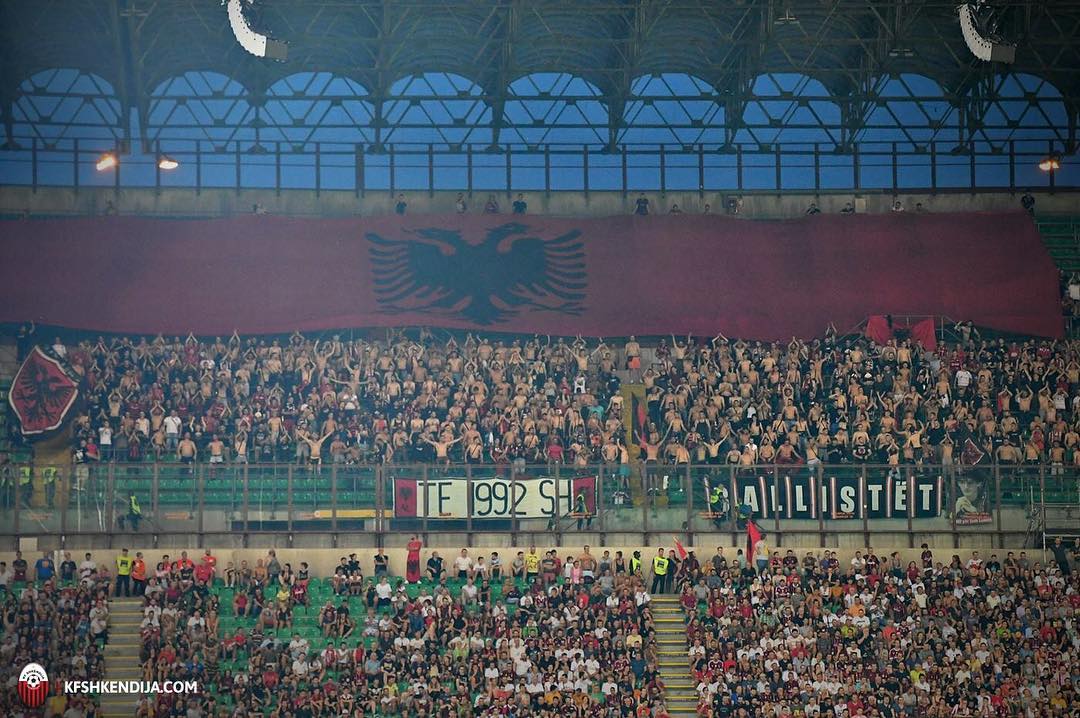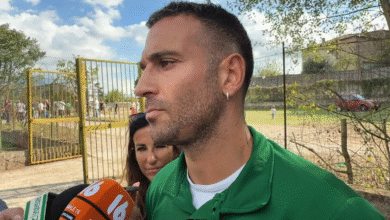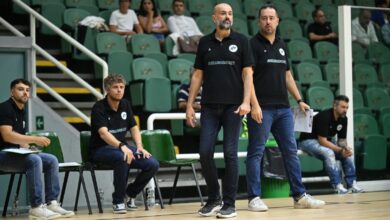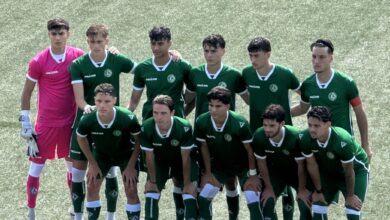ESCLUSIVA – Lo Shkendija ospita il Milan. Viaggio tra i Ballistet: “Noi Macedoni? Neanche a parlarne!”

[tps_title]English version[/tps_title]
The Balkans represent a burning issue in the European geopolitics, in particular as regards the communication between East and West. This territory has always given some cause for concern for Mittel Europe first when the Muslims headed for Vienna, and then with Tito’s Yugoslavia and the more recent wars of the 90’s. The dissolution of the ex-Yugoslavia and the creation of different states did not put an end to the conflicts within the new single states.
Shkendija, Milan’s next opponent for the qualifying round in the Europa League (Milan 6 – Shkendija 0), is the team of Tetovo, a town in the North-West of Macedonia, a crucial position within the Balkans’ geopolitics. As a matter of facts, the town lies on the borders among Macedonia, Kosovo and Albania and it is considered the capital of the Albanian minority present in the Macedonian state (25% of the total population), always hostile to the central power of the capital Skopje.
The terrorist attack occurred in May 2015 in Kumanovo, 83 km west from Tetovo, clearly represents the climate lived in the Macedonian country. The above said attack, according to a document spread by Skopje’s media, had the objective of establishing and creating the “Republic of Illyria”, all organized by groups of extremists of Albanian separatism among which also the UCK, the Kosovo Liberation Army, a group fighting against the Serbian forces in the 90’s.
The Shkendija club was founded in 1979, one year before Tito’s death, exactly to represent and give voice to that Albanian minority of the country.
Shkendija is still the reference point of the Albanian minority in Yugoslavia. It immediately climbed the different categories, gaining promotions from the fourth to the second league. Then the central government of Belgrade dissolved it. The extreme enthusiasm caused concerns, in particular because the club could have suddenly awakened the Albanian nationalism. This happened between ’81 and ’82, a short time after the dictator Tito’s death.

The colours of the club are a clear reference to the Albanian flag, the name, meaning “spark”, suitably represents the spirit of the club, recalling the name of one of the national teams of Albania, Shkëndija Tirana, which represented a kind of across-border tie with the Albanian state.
The club rose in the season 2010/11 when the two teams of Tetovo met in Prva Liga ( Teteks) and Shkëndija won the Macedonian championship as newly-promoted.
Thanks to important investments and following the success of the team, based on the “Ballistët” supporters, the “Frontists”, whose name comes from the Balli Kombëtar, the pro-fascist movement of the “great Albania” nationalism, a project that would overturn the current borders of Balkans, ready to start in Pristina and to arrive to Skopje, with repercussions also in Bosnia and Serbia. A contrast perceived in Macedonia by a group of Ballistet ultras, victim as showed in the official Facebook profile of Tetovo’s supporters.
@MacedonianFooty How the fuck we can live together when you have those cubts singing good Albanian its dead Albanian ???
— Ballistet (@Ballistet1992) August 10, 2014
In the first round, taking advantage of the European stage, Shkendija’s ultras were protagonists of a political-background choreography. On the bleachers of Stadio San Siro they laid out a ten-metres long flag of Albania, all emphasized by the colours.
Traduzioni e testi a cura di Rossella De Biasi, titolare della Db traduzioni (Clicca qui per il sito)








